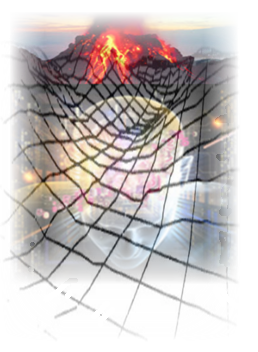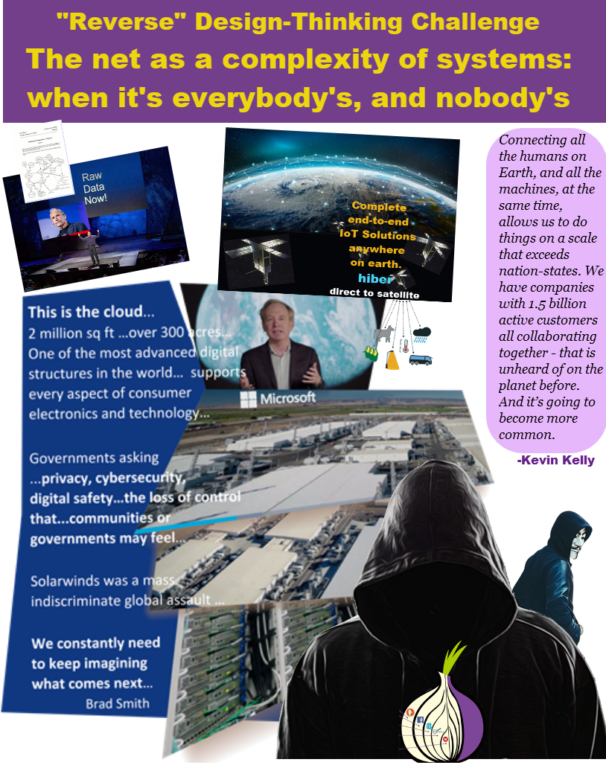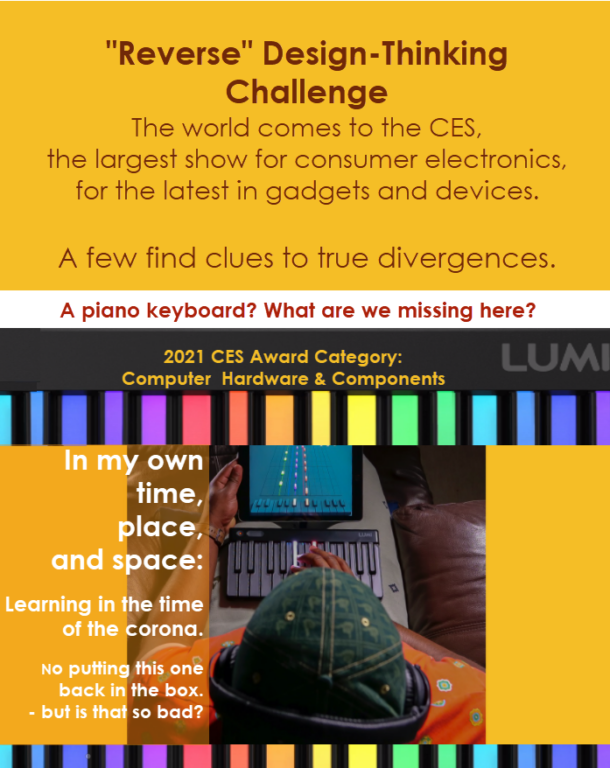Moving Beyond the Digital Age
(originally published 2019JUL09, LinkedIn)
What is known as the Digital Age roiled oceans like tsunamis upending much of the Industrial Era’s business world order. But, as we now realize, that was only quite a small sea.
The Digitized Era has begun: technology broadly and comprehensively permeating, merging with, and transforming institutions and entities. These new digitized organisms are no single author’s creation, and increasingly to no one’s prediction. Most of the world still struggles to comprehend how what began as disintermediation of bookstores and films has turned into a liquefaction so broad that governments and even the net’s pioneers struggle to grasp. Brilliant pioneers envisioned a web that would truly democratize information and opportunity; yet what is emerging is the web’s hyper-concentration of control and wealth into even fewer dominant players instead.
Did governments not see virtualization as more than entertaining simulations on their goggles, to grasp how it makes materiality or presence increasingly irrelevant – and therefore consider how sovereignty might evolve? Is Facebook chastised and reforming; or actually restructuring along its natural trajectory from social interaction, to transactions? Not as a “nation” of billions, but as a global meta state of microcommunities: people with any number of multi citizenships of their choosing, as Fb unveils its own value and monetary exchange system.
The future is hardly about leading digital innovations; it is about imagining a new order of leadership appropriate to a digitized world.
Political scientists study the balance and shifts in power and wealth; yet their own logic structure only reverts to the question of which group should have control and governance. Economic schools of thought had been founded on particular models, until Stanford asked: but why have a presumed model. How much will AI transform governance and economic policies into meshed, real-time and fact-driven processes- at least in analyses if not in actual decisions?
Strategic Navigation: to what? For centuries, ships sailed oceans navigating to known constellations.
As we launch from this earth into space, or from healthcare to eugenics, what constellations are there to guide emergent culture, social norms and order? With each next exponential innovation, as we race to be “first to market” and plant the first flag – have we paused to consider that risks are not just economic, nor isolated. To borrow from Shakespeare: our fate, is no longer in the stars, but in ourselves. And pray it’s not a singular fault.
Asymmetric phenomena in quantum chemistry and physics seem to break known laws – a scientist would say we just do not yet know other laws that govern other verses.
At the edge of our world, we explore what these faint glimmers of new stars might tell us.
Innovation leadership. It’s tempting to jump on a stage and call for inventors to come forth. There’s software that pitch “creativity and innovation” as a process, spiked with gamified crowdsourcing,
But let’s step back a bit. We do need individual brilliance and diversity, but true innovation is less and less an individual phenomenon. My experience is that true “innovation” is quite different from “invention” – especially in our highly complex industry, in an already highly complex world. A writer very accurately compares new leadership to conducting many brilliant individuals into a powerful, harmonic concert. Plus with much jamming and improvisation.
Is the single individual’s out-of-the-ballpark idea increasingly a small-venture phenomenon?
Any exponential product or change does need silos to manage the requisite deep resources. Scale and complexity increasingly require orchestrating partnerings. Why do we struggle to evolve organizational systems and processes? Management theory traces to the empire/military organization and strategy, and the industrial era’s engineering orientation. That mindframe assumes known templates, standards. Can the future still be as planned as an engineered science? Are human processes to be engineered? Organizations as engineered machines; or as live, resilient, adaptive organisms?
The Ten-X Factor. It is still our front line players who are likely to see early shifts that can elude us “leaders”. Up here, we’re in the fog of current frames and viewpoints. (Can’t help it: being planful means emphasizing what’s known and decided. Facts. Expectations; performance goals; promises to keep; a conservative judiciousness. Answers; not questions. Planful is hardly playful.)
So the challenge I would pose is to identify challenges and opportunities that can have a 10x or exponential impact.
Solutions begin with seeing the problem. This is the journey that these articles explore.









